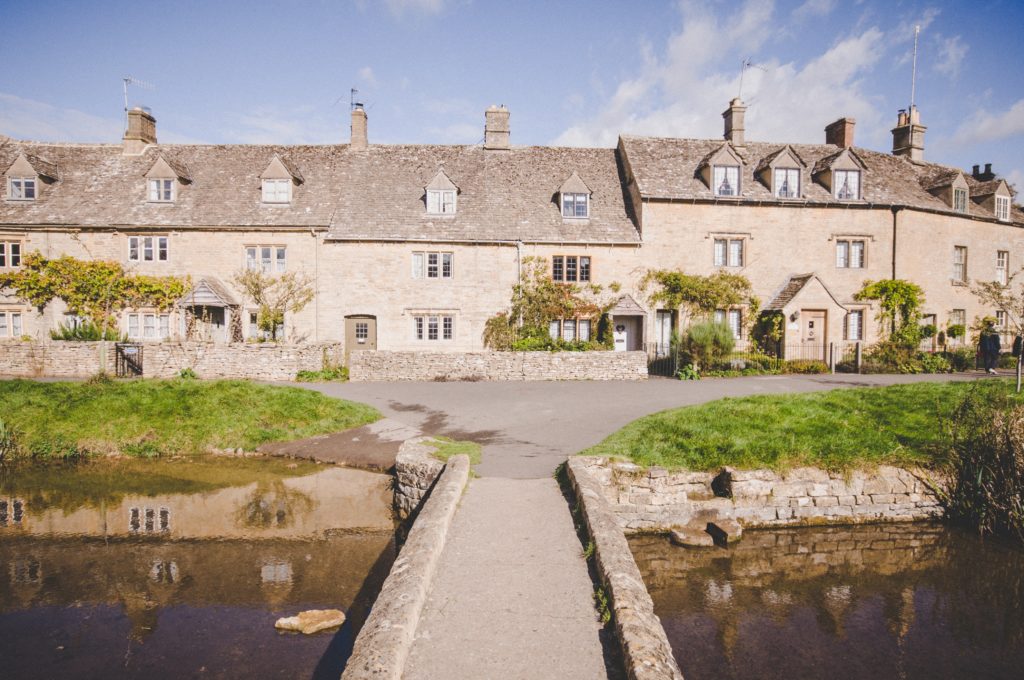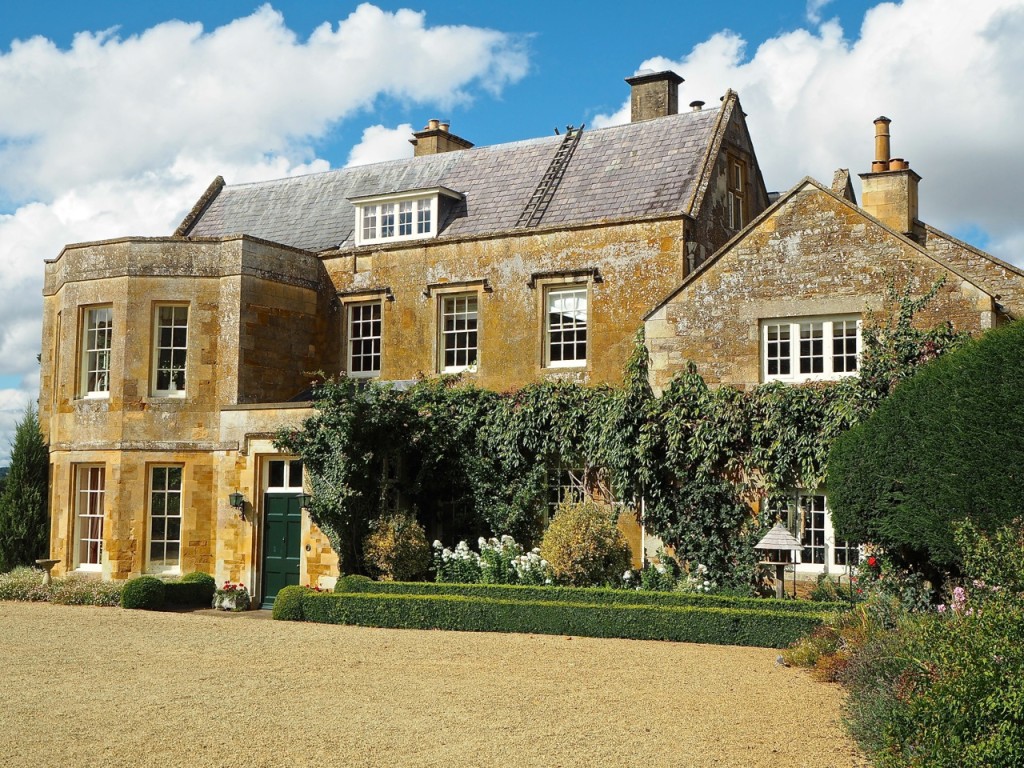Located just a short drive from England’s capital city of London, the Cotswolds is as English as it comes. In just 90 minutes by train from London or a two-hour drive by car you can arrive in the Cotswolds. This collection of rural towns is one of the most popular weekend destinations for Londoners. So we thought we’d make you a list of the cutest villages in the Cotswolds!
If you plan to visit the Cotswolds there are endless choices on where to stay, what to do, and how to spend your time in the Cotswolds. We recommend choosing a rental cottage in the Cotswolds and experiencing the Cotswolds like a local. Here are our top picks for the cutest villages in the Cotswolds you should include in your visit. Villages in the Cotswolds are unspoilt, historic and you might even recognise some of them from popular British films!

Bourton on Water
Often called the “Venice of the Cotswolds”, Bourton on Water is one of the most charming towns the Cotswolds has to offer. The River Windrush flows through the centre of town, which is characterised by its low bridges and traditional stone houses that line the river. These stone houses are made of limestone which turn a honey golden colour when weathered.
Chipping Camden
For a smaller more compact town to visit in the Cotswolds, Chipping Camden is a perfect choice. The High Street of Chipping Camden is regarded as one of the most beautifully kept in the Cotswolds. It dates back to the 14th century! Despite the age of this town you can expect perfectly manicured lawns, impressive overgrown gardens and overall pride in the appearance of the town.

Stow-on-the-Wold
As the highest town in the Cotswolds, Stow-on-the-Wold sits at nearly 800 ft above sea level. This is, therefore, a great choice for sweeping views over the valley below. The market square is home to many antique stores and Stow-on-the-Wold is one of the best towns for this. It is also a great place to stop in the early afternoon for tea time. You will soon notice an abundance of tea rooms offering afternoon delights!
Bibury
We may have saved the best for last. William Morris once named bibury the “most beautiful village in England” and it isn’t hard to see why. This idyllic village is set along the banks of the River Coln in typical Cotswolds fashion. This makes Bibury one of the most photogenic towns in the Cotswolds to visit, though there is much less to experience by way of shops and activities. Bibury is thus best visited if you are travelling through the Cotswolds by car as a short stop in a larger journey through the English countryside.

Over to you! Where will you be visiting in the Cotswolds?
Read more: Plan your stay in the Cotswolds!
